Living healthy in the 21st century can be a daunting task. The combination of busy lifestyles and unhealthy eating habits has a staggering negative impact on people’s health, especially women’s health.
Many women make it a habit to take care of the health and well-being of others before taking care of their own. The biggest risks to women’s health include cardiovascular disease, cancer, osteoporosis and depression. Women are more likely to be diagnosed with stress and depression than men. STDs, reproductive problems, and contraceptive methods affect women’s sexual health. Besides, osteoarthritis is the leading cause of disability in women more than men. Women are more than twice as likely to develop UTIs than men.
So women need to stay on top of annual health checks. This habit can increase your chances of early detection of any disease or chronic condition, thereby increasing your chances of taking action to prevent health problems from developing and getting severe. Here we have discussed 7 important healthcare tips for women.
1. Cholesterol and blood pressure
Women in their 20s should consider annual cholesterol and blood pressure checks as part of their regular health care routine. If you have a family history of these areas or other risk factors, your doctor may recommend a more frequent schedule.
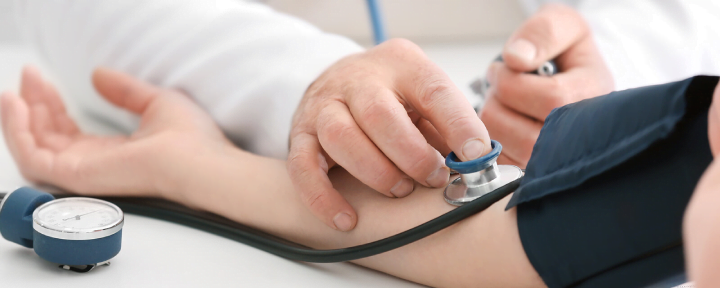
2. Pelvic exams and Pap smears
Women aged 21-65 should have a pelvic exam and Pap smear at least every three years. These tests can be done by your GP or gynecologist.
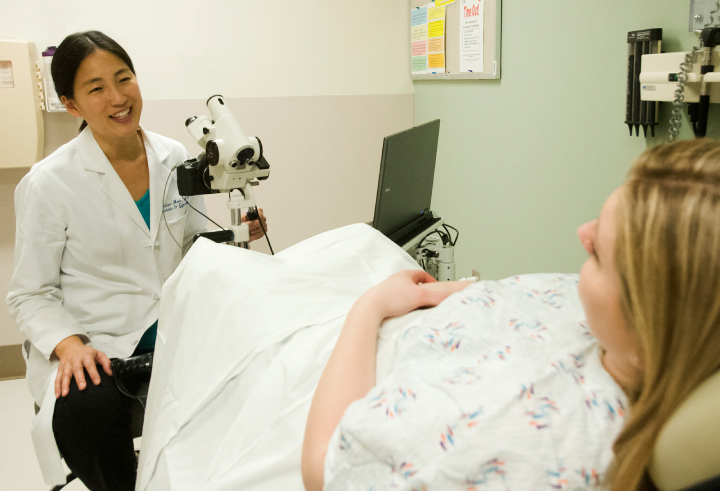
3. Breast exams and mammograms
In general, all women over the age of 20 should have annual breast exams. Most health care providers recommend annual mammograms starting between the ages of 40 and 50 and every two years thereafter. You should also get into the habit of doing monthly breast self-exams. Your doctor can show you how to do it properly.

4. Osteoporosis Screening
Women who are 65 and older are at higher risk for bone problems, which is why most doctors recommend annual bone density screenings after the age of 65.
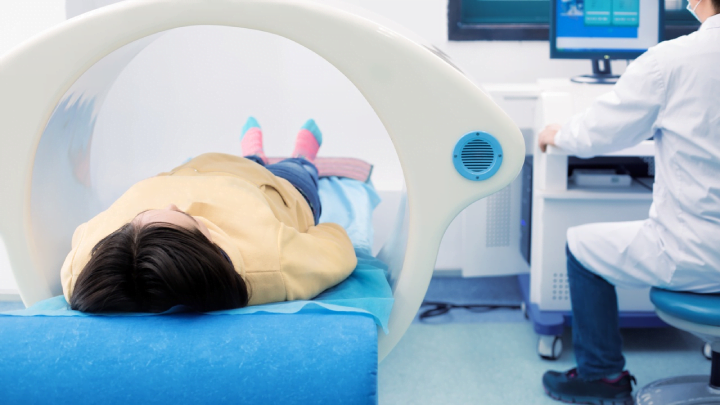
5. Colon cancer screening
If you are 50 years old, ask your doctor about recommended screening tests (such as colonoscopy) for colon cancer and other potential problems.
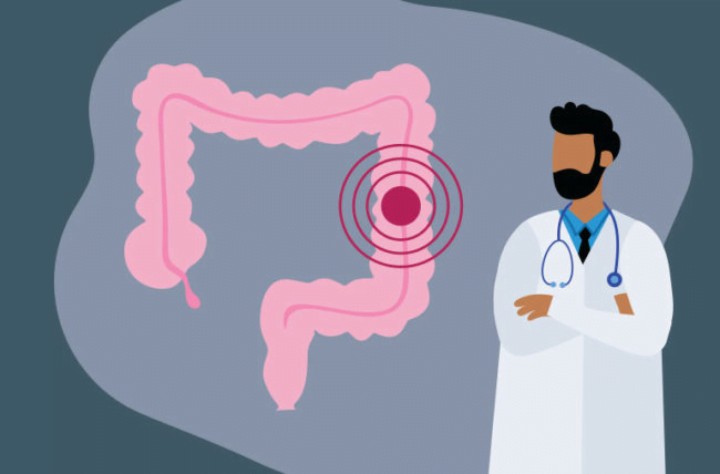
6. Skin Cancer
Women of all ages should get into the habit of noticing changes in their skin or moles and birthmarks. Be sure to report anything that seems different when you have your annual health check. If you have risk factors for skin cancer, such as if you have a family history, fair skin, or a childhood sunburn, you should ask your doctor if regular checkups are recommended.
7. Diabetes
In addition to understanding the signs and symptoms of diabetes and managing your risk factors, you may need regular checkups after age 40, depending on your family history and risk factors. Seek advice from your doctor.
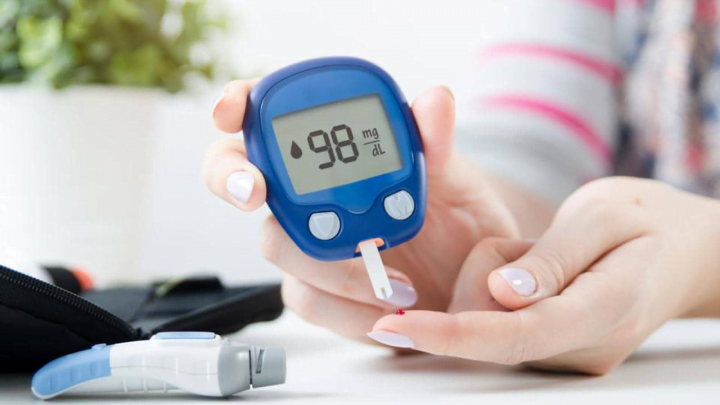
Preventive measures to be taken:
Here are some precautionary measures that you can take in order to avoid health complications:
- Don’t skimp on sleep. Not only does regular sleep fight the signs of aging, it can also improve mental alertness and help manage stress levels.
- Avoid sun exposure between 10am and 2pm. If you must be outdoors, use a broad-spectrum sunscreen with an SPF of 30 or higher.
- See a doctor every year. Even if you’re doing well, regular health checks and fitness tests can increase your chances of finding problems early.
- Make physical activity an important part of your life. Even if you only get 20 minutes of exercise a day, a lifetime of regular activity will benefit your heart health and help you manage your weight and stress levels.
- Make good nutrition a priority. Avoid fast dieting or over-indulgence and opt for a realistic diet rich in fruits and vegetables.
Living a healthy lifestyle isn’t an elusive goal, but with a proper routine, a little self-control, and some discipline, it’s easy to improve health and fitness in your everyday life.




